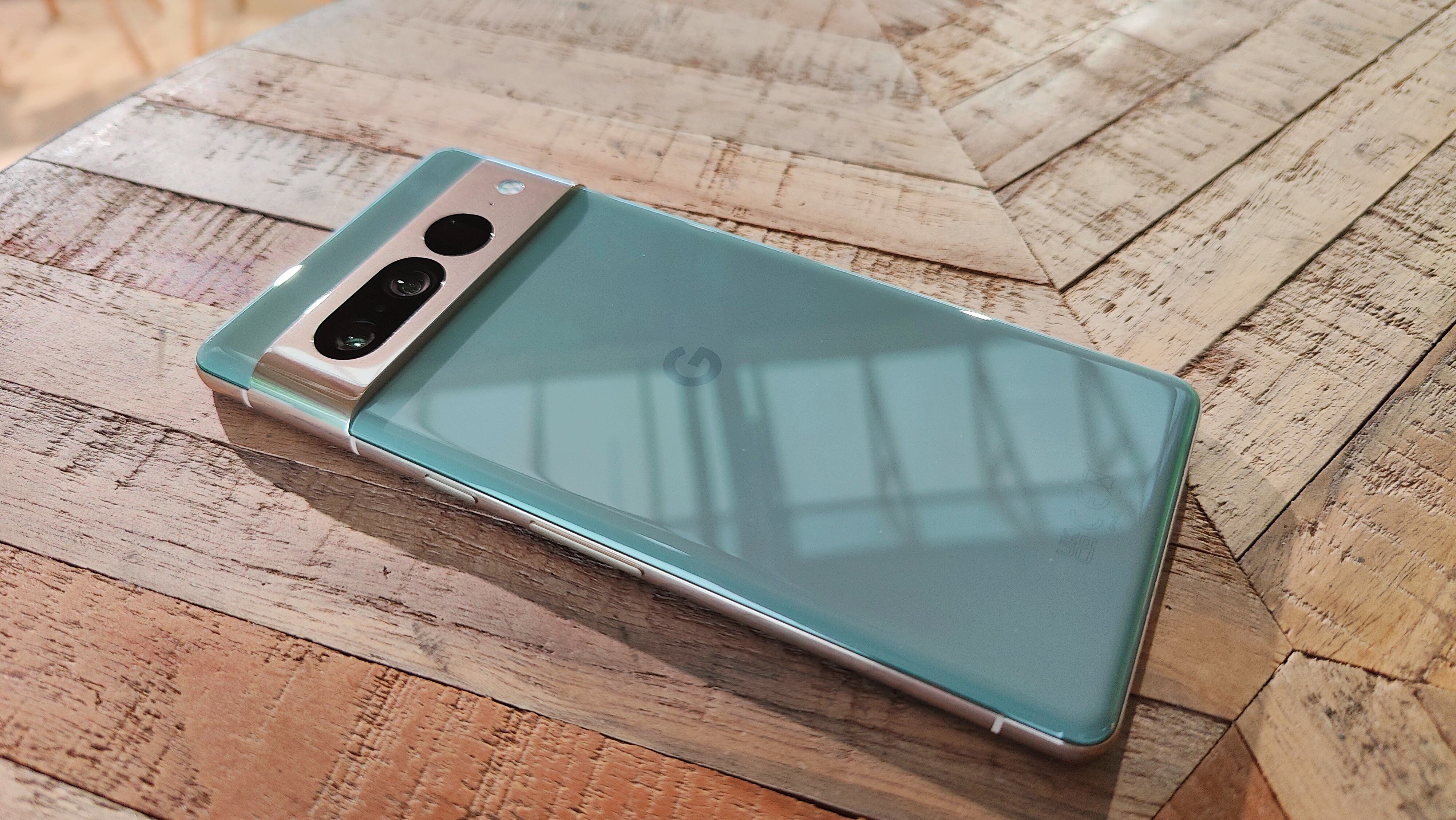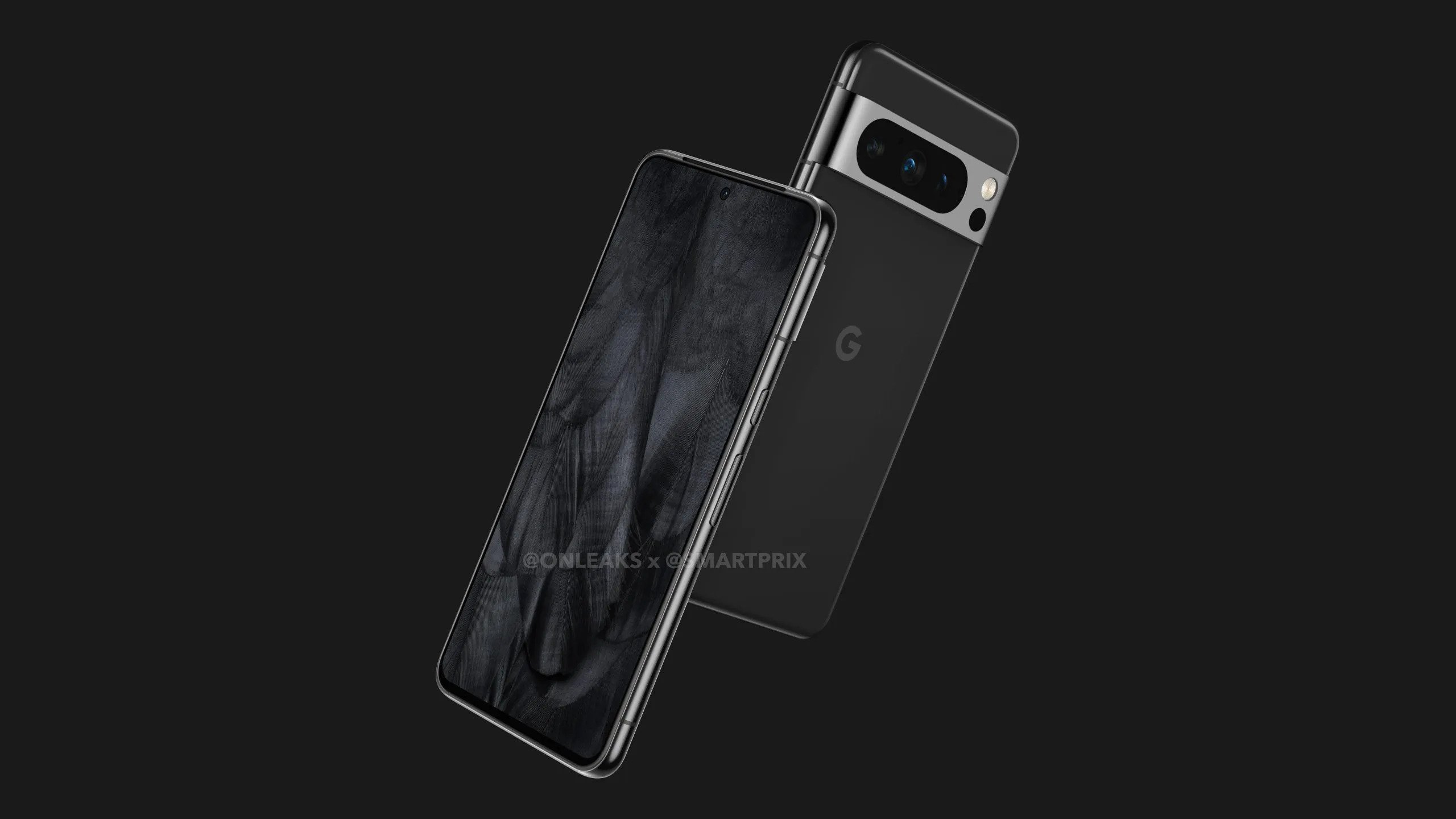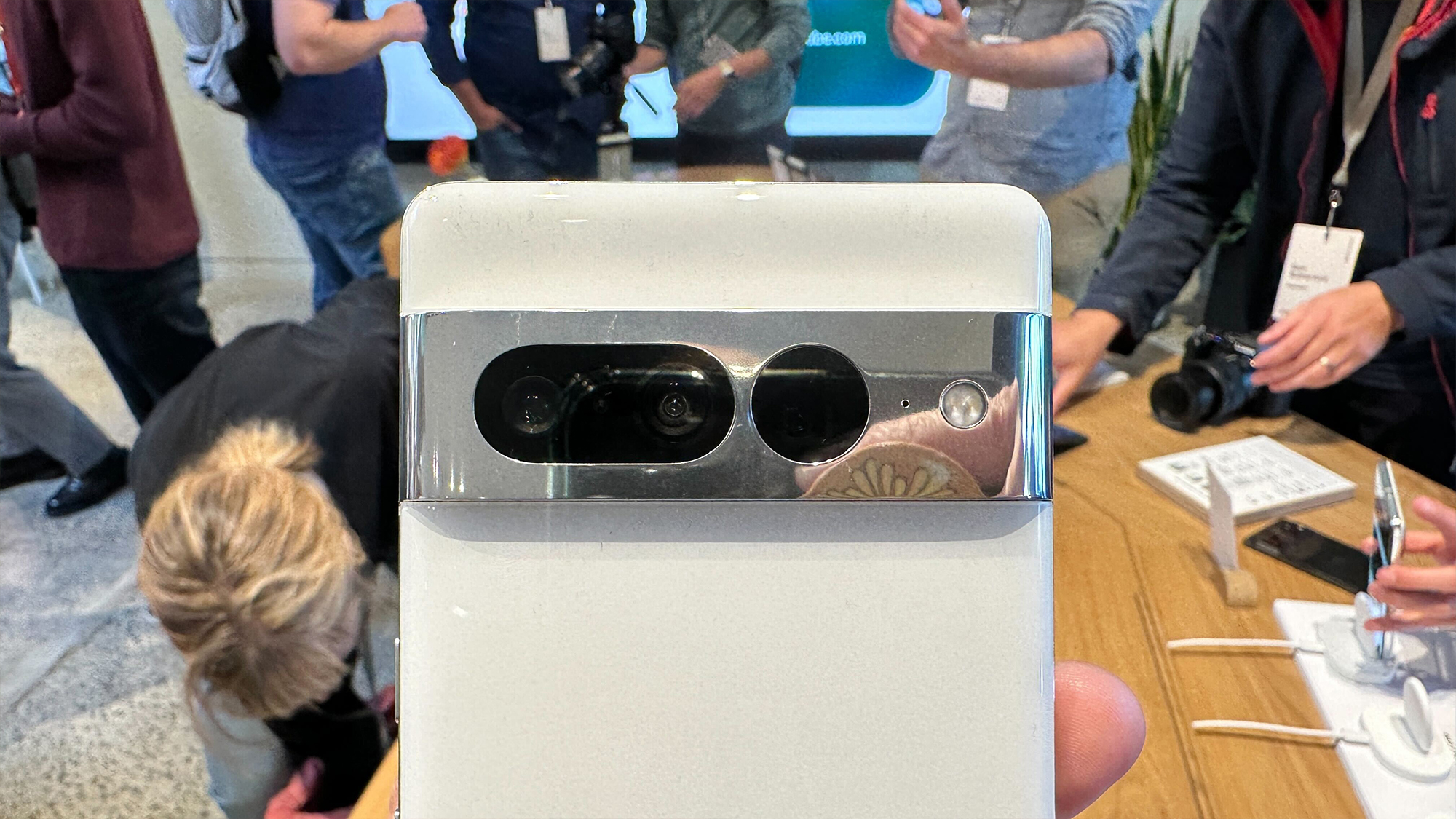Google Pixel 7 Pro – buy now or wait for the Pixel 8 Pro?
Is patience a virtue?

Sign up for breaking news, reviews, opinion, top tech deals, and more.
You are now subscribed
Your newsletter sign-up was successful
With Google IO 2023 here in just a matter of days, Google is expected to debut the Pixel 7a, Pixel Fold, and Pixel Tablet, but there's also a chance it'll tease the Pixel 8 and 8 Pro too. Why? Take last year, for example, Google gave us a good first look at the Pixel 7 and 7 Pro, months before they formally launched. And don't forget the Pixel Tablet, was teased a year ago too.
With that in mind, would it be worth holding off from purchasing the Pixel 7 Pro till the Pixel 8 comes out? The 7 Pro is already more than half a year on from release and, sure, it's a competent phone but perhaps the Pixel 8 and 8 Pro will serve up something that interested parties will have some unmissable upgrades.
What's the difference?

As the Pixel 8 Pro only exists in the realm of rumor and speculation for the time being, we can only talk about the differences based on such rumors. Keeping that firmly in mind, the Pixel 8 Pro is expected to be an evolution of the current Pixel 7 Pro. This means a 6.7-inch QHD display with a 120Hz refresh rate, 12GB of RAM and up to 512GB of storage, a 5,000mAh battery, plus the latest release of Android, which by the time of its arrival should be Android 14. What is currently rumored to be changing is the camera layout, albeit slightly, to include a new sensor, and flatter edges for the display.
The Pixel 8 Pro is also expected to be coming with the Google Tensor G3, another processor based on Samsung's Exynos silicon, according to reports. It's rumored to be built on a 3nm process, meaning it's expected to be more efficient and run cooler, compared to what currently lies inside the Pixel 7 Pro. It's worth noting that these were benefits previously attributed to the Tensor G2 powered the 7 Pro, however, such advantages simply didn't materialize. It's a reminder that some rumors may indeed turn out to simply be nothing than speculation.
Whatever you may think of the Pixel 7 Pro, it’s been out for six months now, which has given users plenty of time to live with and stress-test the hardware and software to its breaking point. The best aspects of the phone based on all this? The testimonials should speak for themselves. It’s a known quantity. The Pixel 8 Pro, no matter how great it may be, isn’t.
It's also worth noting that the phones and tablet set to form part of Google's IO announcements this year will reportedly still sport the Pixel 7 series' Tensor G2. In other words, everything Google learned from the the insights provided by Pixel 7-series users will have gone into better optimising the current G2 offering, which could make for a batter overall experience compared to any theoretical Pixel 8 or 8 Pro SoCs.
So, should I wait or should I buy?

With the Pixel 8 Pro still assumed to be months away from release, if you need a phone right now, we recommend you get the Pixel 7 Pro. It's looking to be a minor update year over year, and the 7 Pro is a good enough phone once you get a handle on the pros and cons (which our Pixel 7 Pro review lays out for you).
Sign up for breaking news, reviews, opinion, top tech deals, and more.
There's also a very good reason to make the jump now or in the near future – money.
As of May 2023, the Pixel 7 and 7 Pro can be found for much less than their sticker prices. Google often holds discounts and deals through the official Google Store. Amazon retailers and carriers also mark down phones like the Pixel 7 Pro, and there's always the option of refurbished stores like Backmarket, which sell renewed Pixel 7 Pros for less. Waiting for the Pixel 8 Pro could mean committing a lot more money for an experience that's doesn't seem as though it'll break the mold already set out by the current Pixel 7 Pro.

A UK-based tech journalist for TechRadar, helping keep track and make sense of the fast-paced world of tech with a primary focus on mobile phones, tablets, and wearables.
When not writing on TechRadar, I can often be found reading fiction, writing for fun, or working out.